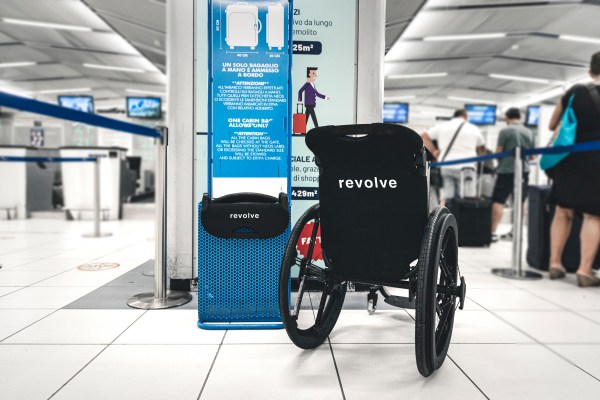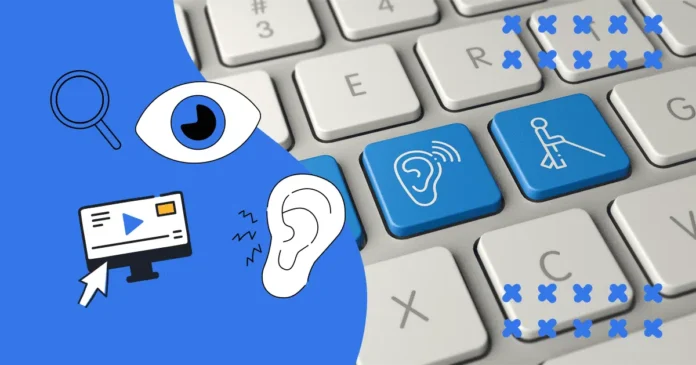The school Perkins for the blind has identified more than 1.400 companies that design and manufacture products specifically for people with disabilities.
A true sector
With 16% of the world's population living with a disability, the market value of the disability technology market in 2023 is estimated at $25.000 billion and could reach $37.000 billion by 2029, according to a study. study presented by Howe Innovation Center Executive Director Sandy Lacey.

“It is a real sector. There is growth and momentum; it’s not a niche thing,” Lacey at an event hosted by the Howe Innovation Center and its parent institution, the Perkins School for the Blind.
At the event were the executive director of mizaru, Jason Corning, graphic designer Jiacheng Sun and his ASL (American Sign Language) interpreters. Corning is deafblind and its online platform aims to help organizations find and manage disability support workers.
Hospitals, for example, could do a much better job making sure patients have the ASL interpreters they need, when they need them. And not just because it's the right thing to do: The Americans with Disabilities Act (ADA) also means they risk being sued if they don't, Corning explained.
The ADA and its fines also generate much-needed momentum for companies like travelsist, which provides on-demand assistance to travelers on behalf of airlines and airports.
Inspire and empower
“Accessibility is a human right,” reads a sticker at the Howe Innovation Center. And it's certainly great to see how startups are helping other organizations make this a reality. But it's even more inspiring to see how they are helping people with disabilities live fuller lives, which includes travel.
The most striking example is a travel wheelchair called RevolveAir. It's not just the chair that is foldable; its wheels are too. As it turns out, it's the carry-on size that should make flying much less of a hassle.
It's quite expensive, at least for now. But there's also something to be said for a disability tech product that's not only functional but also has a real wow factor.
In any case, it is very possible that there are also buyers for such a sophisticated offer. “Together, people with disabilities and their allies control $13 trillion of disposable income,” noted the Howe Innovation Center.
Among the first to receive a Revolve Air will be its ambassadors: a group of disabled athletes, ultralight pilots and the like who have been supporting the startup. It would be nice to also include Ali Jawad, a Paralympic weightlifting champion who co-founded Accessercise.
Accessercise is a fitness app designed specifically for people with disabilities. It's about access as well as empowerment. “We want to be at the forefront of change in accessibility,” said company co-founder Sam Brearey.
Accessibility is about inclusion, of course. But the key is that these innovations often improve the quality of life for everyone, such as using a voice reader to listen to articles while doing other things. Or like Travelist makes air travel easier for parents and first-time travelers, too. Obviously it is a growing trend that, in addition to generating benefits, will produce tangible positive effects on everyone.




